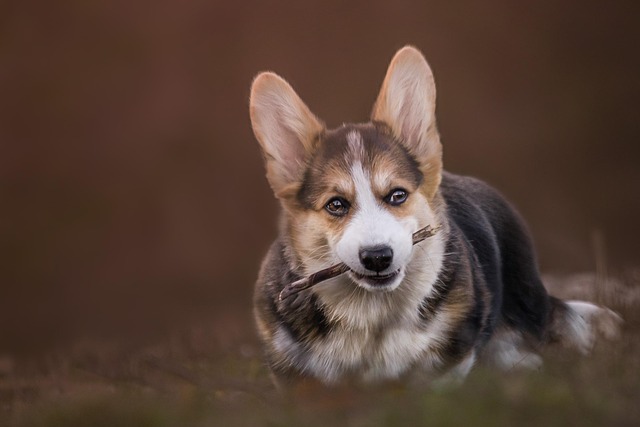
How do i train my dog to be obedient?
Watching your dog dart across the park ignoring your calls isn’t just frustrating—it can put them at risk near busy streets or public spaces.
Belgian Malinois are smart, high-energy dogs, so consistency is key when teaching them where to go. Start by picking a regular spot in your yard or a designated public area—avoid busy sidewalks where they might get distracted. Remember, most U.S. cities and European countries have strict rules about cleaning up after your dog; failing to do so can lead to fines, so keep poop bags handy every time you head out.
Stick to a tight schedule to help their bodies adjust. Take them out first thing in the morning after breakfast, after naps, and during evening walks around the neighborhood. Watch for signs they need to go—sniffing the ground, circling, or pacing—and guide them to their spot right away. This builds a connection between the location and the behavior, which speeds up training.
 Use positive reinforcement to reward good behavior. When your Malinois poops in the right place, give them a tiny treat (something small like freeze-dried chicken works) and lots of excited praise—phrases like “Good potty!” in a happy tone work best. Avoid scolding if they have accidents inside; it confuses them. Instead, calmly clean the area with an enzyme cleaner to remove the smell, so they don’t return to that spot.
Use positive reinforcement to reward good behavior. When your Malinois poops in the right place, give them a tiny treat (something small like freeze-dried chicken works) and lots of excited praise—phrases like “Good potty!” in a happy tone work best. Avoid scolding if they have accidents inside; it confuses them. Instead, calmly clean the area with an enzyme cleaner to remove the smell, so they don’t return to that spot.
Be mindful of local laws beyond just cleanup. Some areas in Europe require dogs to be on leashes in public parks, even during potty breaks, while parts of Canada have breed-specific rules for working dogs like Malinois. Always check your city’s animal control website to stay compliant—this keeps you and your dog out of trouble and helps maintain good relationships with neighbors.
Adjust the routine as your dog grows. Puppies need more frequent trips—every 1-2 hours—since their bladders are small, but adult Malinois can hold it longer. If you work long hours, consider a dog walker or pet sitter to stick to the schedule; skipping potty breaks can undo progress. Remember, Malinois thrive on structure, so even weekends should follow the same pattern.
Training your Belgian Malinois to poop properly takes patience, but it pays off with a well-behaved dog and fewer stressors. Stay consistent with the schedule, reward good choices, and always follow local laws—this not only makes training smoother but also keeps your community clean and safe for everyone. Before you know it, your Malinois will know exactly where to go without reminders.

Watching your dog dart across the park ignoring your calls isn’t just frustrating—it can put them at risk near busy streets or public spaces.

New puppy owners often find themselves rushing to clean up accidents before they set in, and that’s where puppy pad training becomes a game-changer.

If you've noticed your dog's waistline disappearing and your veterinarian has mentioned those few extra pounds, your first instinct might be to simply reduce the amount of food in their bowl.

Training a dog to use a designated spot indoors isn’t as daunting as many new owners fear, but it does take consistency and an understanding of your pet’s needs.

That moment of dread on a walk is all too familiar for many new dog owners. You see another dog approaching down the sidewalk of your neighborhood

If the sight of another dog on your neighborhood walk makes your heart sink as your own dog erupts into a frenzy of barking and lunging, you're not alone.